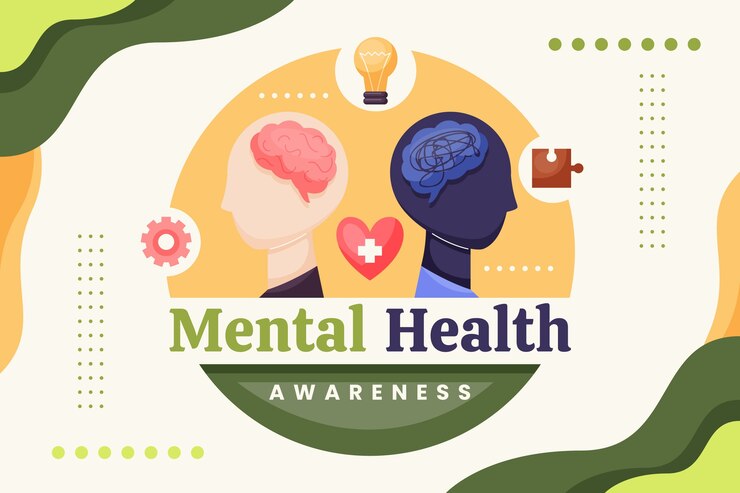According to the latest statistics, one in five U.S. adults is living with a mental illness. These range from anxiety to depression and substance abuse. Even if you don’t suffer from one, you probably know one or two individuals who do.
Despite the high rate of prevalence, individuals diagnosed with psychiatric disorders are still stigmatized by society. Sure, we’ve made significant strides to create awareness about mental health. But we still have a long way to go when it comes to destigmatizing.
To shed more light on this matter, I’ll explain the different types of mental health stigma and highlight ways to overcome it. Let’s dig in:
What Is Mental Health Stigma?
Stigma is when an individual(s) perceives you negatively due to a characteristic or trait that you have. So in this case, it means a person suffering from mental illness is viewed negatively.
Mental health stigma almost always results in discrimination. This can be expressed directly or indirectly. An example of direct discrimination is when someone makes a negative comment about your mental disorder. With the indirect type, the perpetrator may start avoiding you because they perceive you to be unstable or aggressive due to your illness.
Both of these examples refer to a form of stigmatization known as social or public stigma. However, there are other types of stigma, namely:
- Self-stigma – this is when an individual starts to believe and internalize the negative remarks they get from other parties. As a result, they end up feeling like they don’t have any value or purpose.
- Structural stigma – this type of stigma is ingrained in systems, such as those found in workplaces or the healthcare sector. For instance, you’ll find persons with mental illnesses being denied access to essential resources or benefits because of their condition.
It doesn’t matter what kind of stigma you’re subjected to. The bottom line is that it’s cruel and wrong. Often, victims on the receiving end, find it difficult to seek help because of the discrimination they face. And this only exacerbates the illness.
Overcoming Mental Health Stigma
Now that you know the different types of mental health stigma, here are a few things you can do to help fight it:
Be Conscious of Your Language
Fighting mental health stigma means being mindful of the words you use to describe mental health.
For instance, don’t use offensive words like “crazy”, “junkie” or “psycho” to describe persons suffering from psychiatric disorders. Similarly, avoid phrases like “mentally ill” and “normal behavior.” You can say “a person living with a mental illness” and “usual/typical behavior.” Even the Bible asks us to be mindful of our words. “The words of the reckless pierce like swords, but the tongue of the wise brings healing.” Proverbs 12:18
Have Open Conversations About Mental Health
One way to de-stigmatize mental health problems is by talking openly about them.
The more conversations we hold about this topic, the more accepting we will be of people going through these struggles. On their part, people suffering from mental illness will feel comfortable enough to share their experiences and seek help when the need arises.
Get the Facts Right

Another step that’s crucial to fighting this stigma is educating yourself and those around you about mental illnesses. In addition to using the right terminology, learn facts about different disorders. This way, you’ll be more conscious of how you behave and treat people with mental health issues.
Society as a whole should be more deliberate about fighting mental health stigma. People living with mental health issues already have a hard time coping with the illnesses. Discriminating them and making negative remarks only makes their lives more challenging.
To play your part in de-stigmatizing mental health, talk more openly about it. In addition, be mindful of the words and phrases you use to describe mental health problems and educate yourself.








Thank you for your sharing. I am worried that I lack creative ideas. It is your article that makes me full of hope. Thank you. But, I have a question, can you help me?
Your point of view caught my eye and was very interesting. Thanks. I have a question for you.